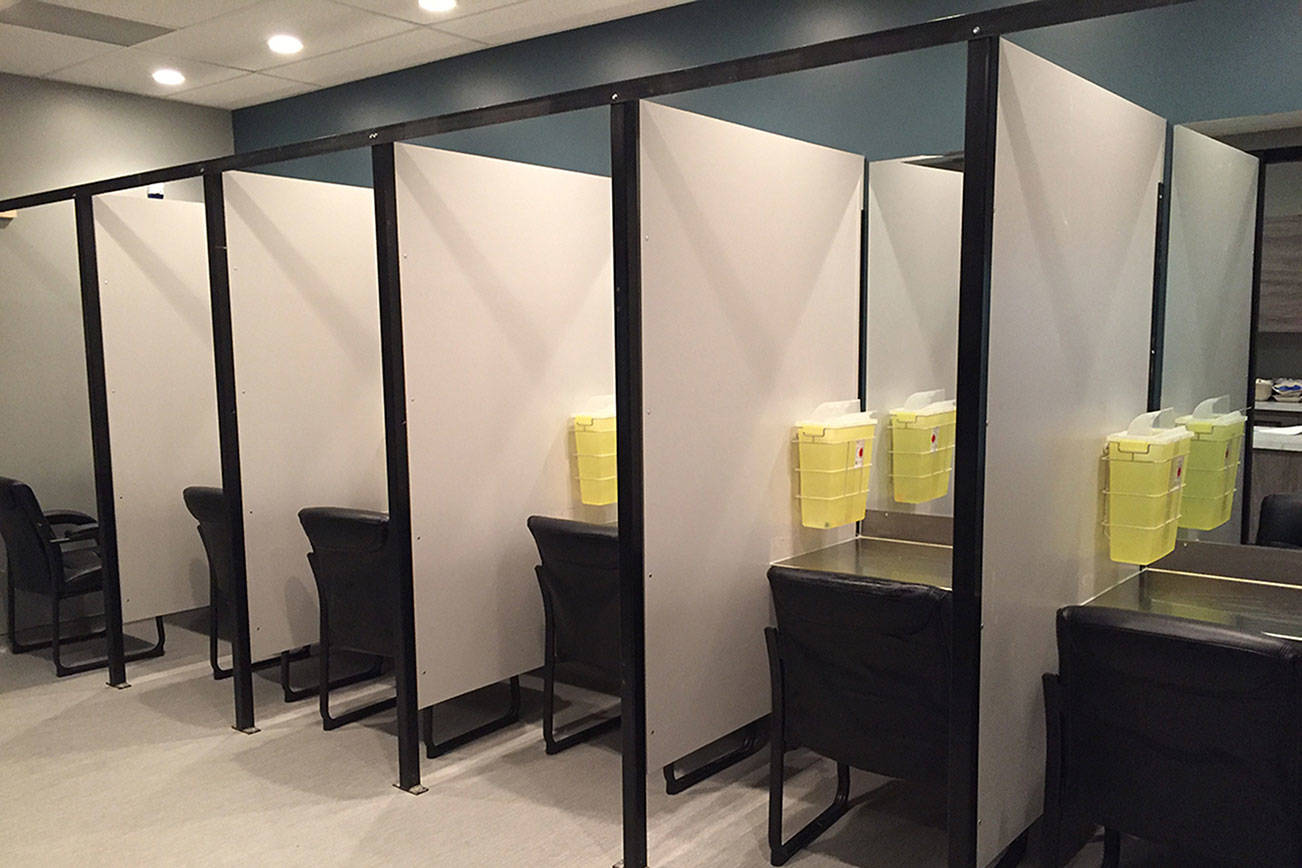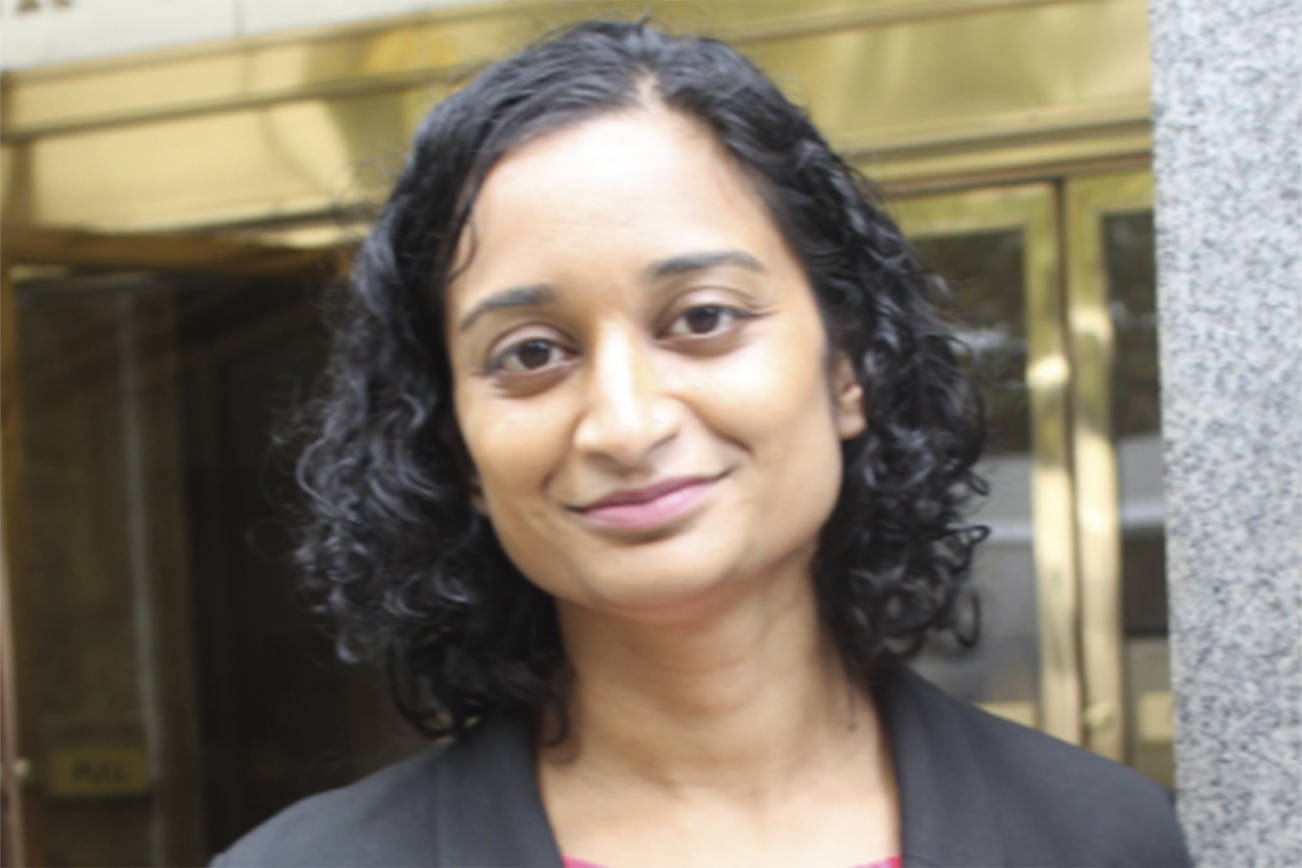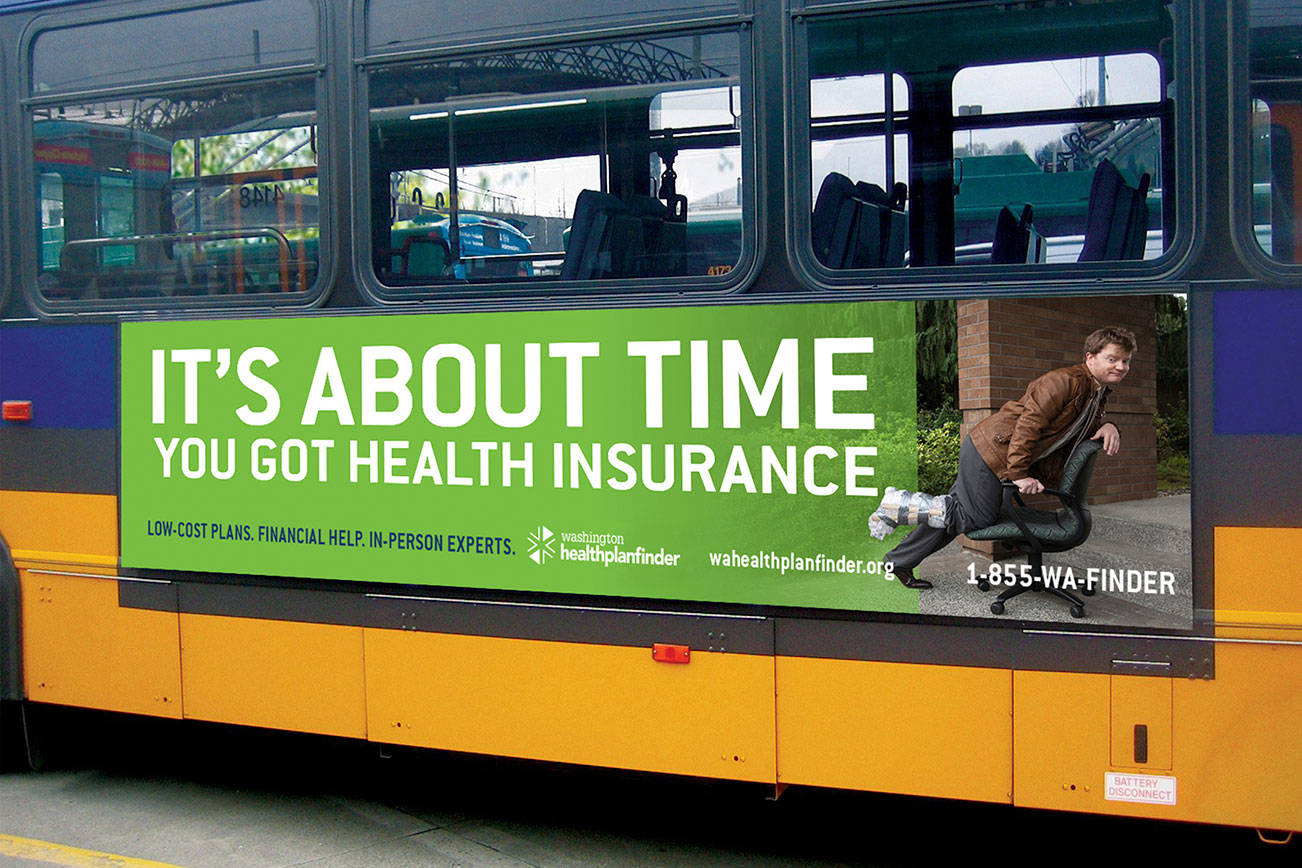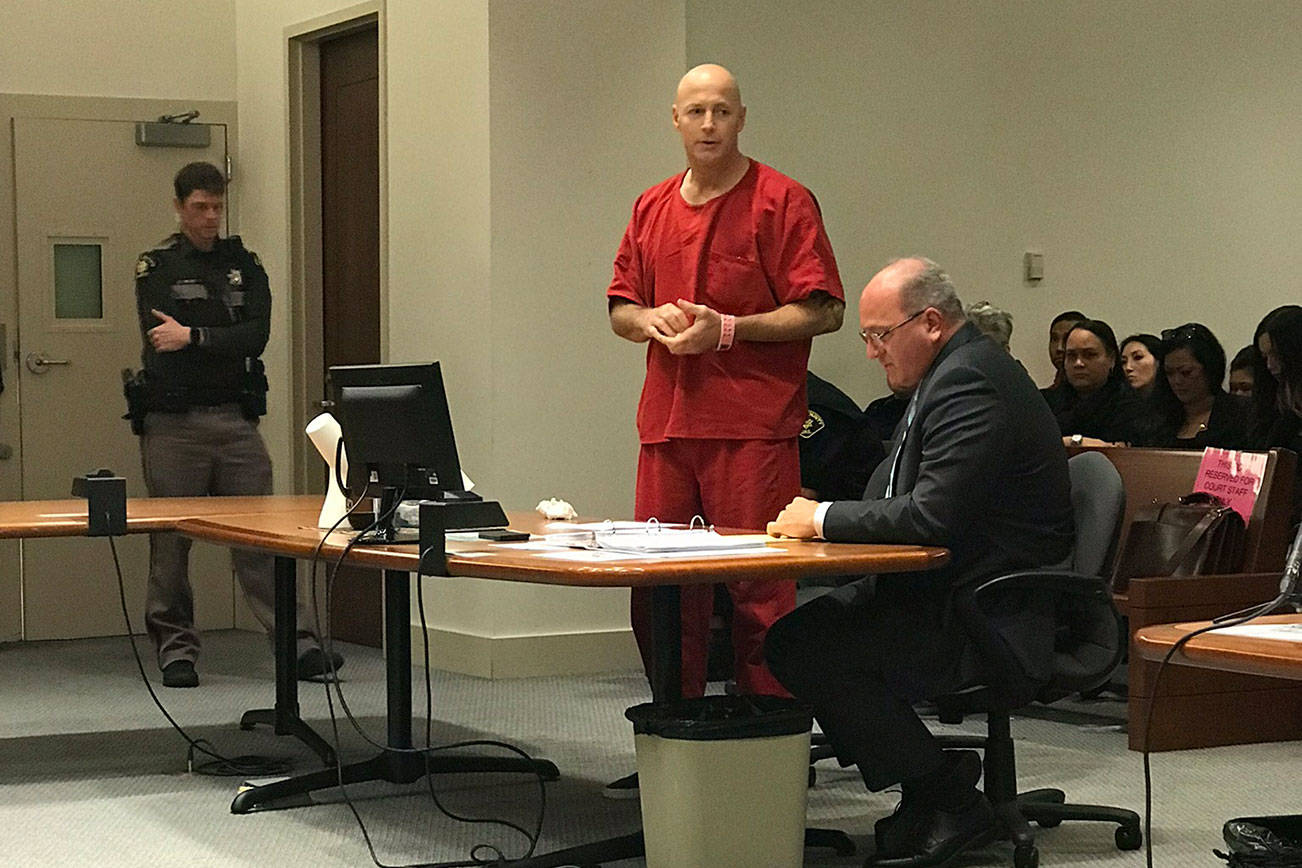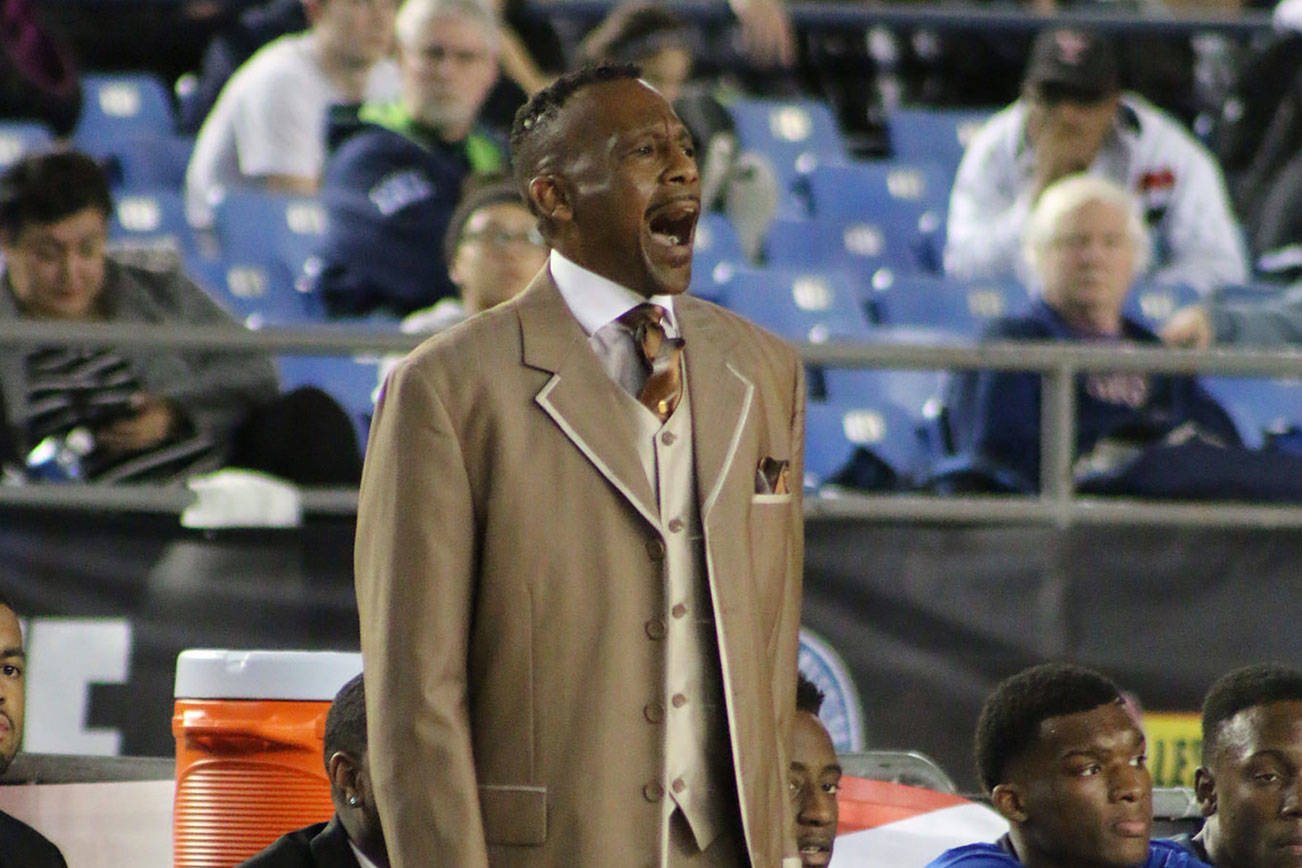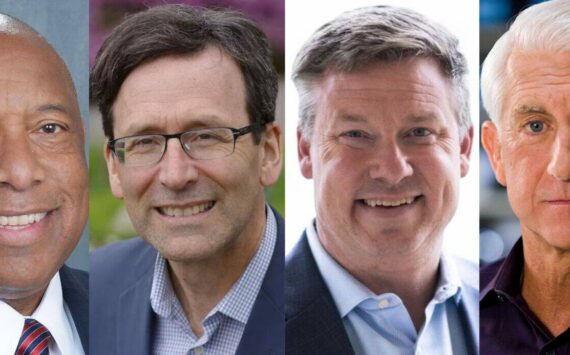Amidst backlash from suburban King County communities, plans to build a safe drug consumption site outside of Seattle have been put on ice for now.
Safe drug consumption sites—formally dubbed “Community Health Engagement Locations” by county officials—are facilities where drug addicts can consume narcotics and get access to basic health care, drug treatment services, and other human services under the supervision of a trained medical staff.
Long employed in Europe and Vancouver B.C., research has shown show that the facilities prevent drug overdose deaths, reduce HIV infection rates amongst addicts who use needles, and increase referrals to drug treatment.
In late 2016, a county task force on heroin and opiate addiction convened by King County Executive Dow Constantine, former Seattle Mayor Ed Murray, and other regional elected officials recommended that two pilot safe drug sites be established—one in Seattle and one outside of the city somewhere in King County—to help combat the opioid epidemic.
No timeline was delivered with the recommendations, but Seattle elected officials acted with some urgency. By late 2017, they had allocated over $1 million to fund a feasibility study for the project.
However, the proposal for a second site quickly garnered backlash in suburban King County communities. Opponents launched a ballot initiative that would ban publicly funded safe consumption sites in May 2017, but were later shot down by a King County Judge. (The ruling was appealed to the Washington Supreme Court.) That same year, the city councils of Auburn, Renton, Bellevue, and Federal Way voted to permanently ban the facilities, while Kent approved a temporary moratorium on them.
As a result of this opposition, county health officials appear to have put the proposed pilot project outside of Seattle on hold. While the recommendation from the county task force stands, officials have begun talking about the plans for a second site in more qualified terms.
Sharon Bogan, a spokesperson for King County Public Health, said that the county is strictly focused on working with Seattle leaders to establish their facility. “Currently there is not implementation work going on outside the City of Seattle,” she said.
Bogan said that both Seattle’s willingness to host the site and commit financial resources to it are driving the focus. “This takes partnership, it takes resources,” she said. “When you implement, you start where you can move forward.”
In a follow-up email to Seattle Weekly, Bogan wrote that the county’s strict focus on the Seattle site “does not preclude other sites in the County in the future.”
Other officials have voiced similar positions. On March 30, King County Public Health spokesperson James Apa wrote in an email that they “don’t have plans for any other locations at this time.” Later, Dr Jeff Duchin, Health Office for King County Public Health told KOMO on April 19 that the at-large site is paused until “Seattle gets its location up and running” and “shows some success.”
Further complicating the county’s initial plan to build a non-Seattle facility is a measure approved by the King County Council in June 2017 that prevents county funds from financing safe consumption sites in communities whose elected leaders have not voted for them.
Democratic King County Councilmember Dave Upthegrove, who voted for the funding restrictions, said that many King County communities are not ready for that type of project and that Seattle’s should serve as a testing ground.
“I would like Seattle to try this first because there is more support there,” he said in a phone interview. “I don’t think the same level of groundwork has been laid in communities outside of Seattle. I don’t think they’re ready for this.”
“Until these local governments embrace [safe consumption sites], it’s really difficult for county government to come in and impose a certain strategy, just legally with the permitting—not to mention politically,” he added.
Republican King County Councilmember Reagan Dunn, who had pushed for a complete ban on county funds going towards safe consumption sites and strongly opposes them, told Seattle Weekly that “this Seattle-centric approach to policy doesn’t work across the county.”
Patricia Sully, a staff attorney at the Public Defender Association and long-time advocate for safe consumption sites, said that it’s reasonable that the county strictly focus on Seattle due to the “practical realities” of both the King County Council vote restricting the use of funds and widespread opposition to the proposal.
She attributed suburban communities’ opposition to safe consumption sites to misinformation about the project. “There is certainly a large amount of misinformation that likely informed the actions of the smaller counties,” Sully said. “Fear breeds fast and moves quickly.”
jkelety@seattleweekly.com
